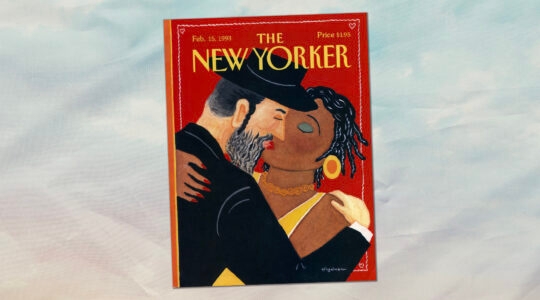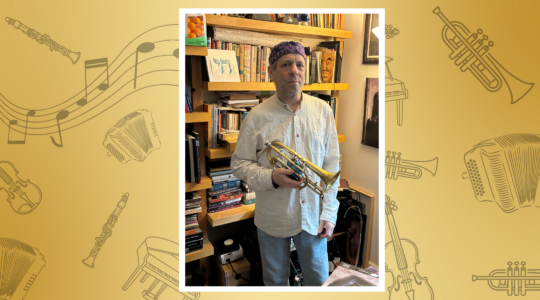Fresh off President Obama’s South Africa, and as the world still holds its breath for Nelson Mandela, Roger Cohen offers this take on the attitudes of South Africa’s Jews during apartheid:
South Africa was as good a place as any for a Jew to live in the 20th century. A friend of the family let slip a sentiment widely felt but seldom articulated: “Thank God for the blacks. If not for them it would be us.” Jews on the whole kept their heads down; better just to keep stumm. Flossie voted for Helen Suzman’s anti-apartheid Progressive Party and then prayed the National Party remained in power. She was not alone in such genteel hypocrisy.
And on Robben Island, Mandela cultivates not hatred — that would be too easy for the whites — but the power of patience and perseverance.
The blacks were a form of protection. If you are busy persecuting tens of millions of blacks you do not have much time left over for tens of thousands of Jews. For South African Jews, aware of the corpse-filled ditches of the Europe they had fled, the knowledge of the 69 blacks cut down at Sharpeville in 1960 was discomfiting. But this was not genocide, after all. Most, with conspicuous exceptions (more proportionately among Jews than any other white South Africans), looked away.
Cohen has been a regular critic of Israel, and it’s likely he had Israelis at least passingly in mind in penning this next paragraph. But given the recent convulsions elsewhere in the Middle East, it’s a warning at least as applicable to Egyptians and Syrians:
I have been dreaming of Mandela. An old idea: He who touches one human being touches all humanity. I have been murmuring his name: He broke the cycle of conflict by placing the future above the past, humanity above vengeance.
He reminded us of what is most precious in Jewish ethics: What is hateful to yourself, do not do to your fellow man — or, as the Mosaic book says many times, you are to treat the stranger well for “you were a stranger in a strange land.” Repair the world. Be a light unto nations.
JTA has documented Jewish history in real-time for over a century. Keep our journalism strong by joining us in supporting independent, award-winning reporting.





